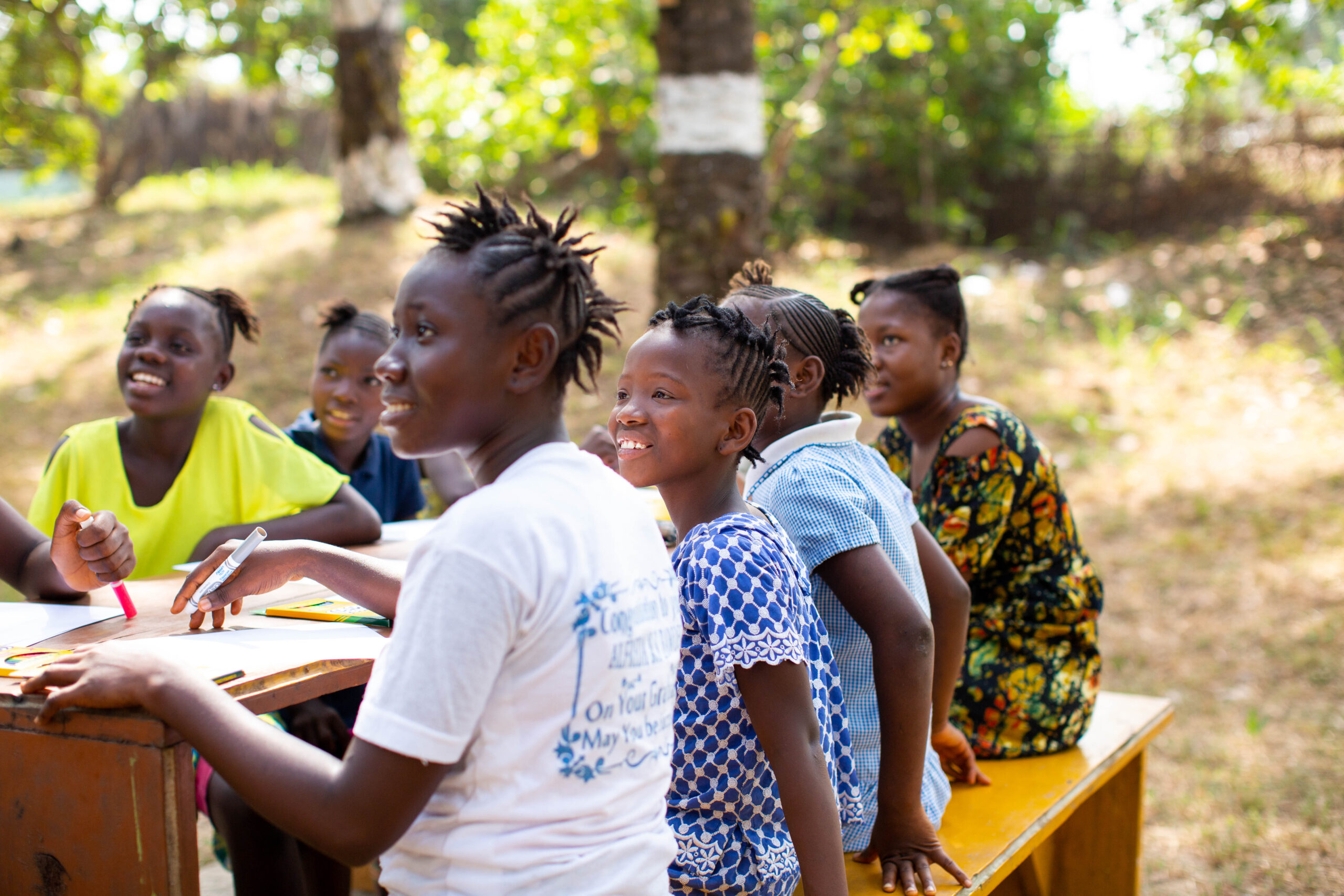Princess Promise exists to bring hope and healing to vulnerable girls in Sierra Leone, Africa.
But, who are these girls?
There were 320,000 orphans in Sierra Leone as a result of an 11-year-long civil war and another 12,000 after the Ebola outbreak. With nowhere for these children, specifically young girls, to go, they were and still are, being placed in extremely vulnerable situations. Girls are facing abuse, neglect and trafficking often at the hands of family or friends.
With nowhere else to turn, these girls often find themselves under the care of an unsuitable neighbor, relative or village member who has no intentions of truly loving or caring for them. The cycle of trauma and vulnerability cannot be broken unless the girl escapes the situation or the abuse is reported to the government.
When these situations are reported to the Sierra Leone Ministry of Social Welfare, the most severe cases are referred to our local Sierra Leone ministry partner, Love One Another. We take the child in, and begin the healing process with the help of our 15 full-time staff members. Some of our girls are walking in with trafficking trauma. Others were married off at the age of 12. Girls were chained and abused at the hands of their “uncles”. All will receive the love and care they so deserve.
The road to recovery and healing for each girl is unique and trying. But, with ample resources, love and counseling, there is hope!
We’ve had the amazing opportunity to watch stories of tragedy be transformed to victories since 2014! The tragedies that our girls have walked through does not define them, but empowers them to hope for a better future. The shy, timid girls that once arrived are now confident, outgoing, excited and hopeful; walking in The Lord’s promises over their lives.
It’s an honor to get to play a role in the precious lives of the young girls of Sierra Leone. One day, they will be the future leaders of their country!
“The tragedies that our girls walked through does not define them, but empowers them to hope for a better future.”

